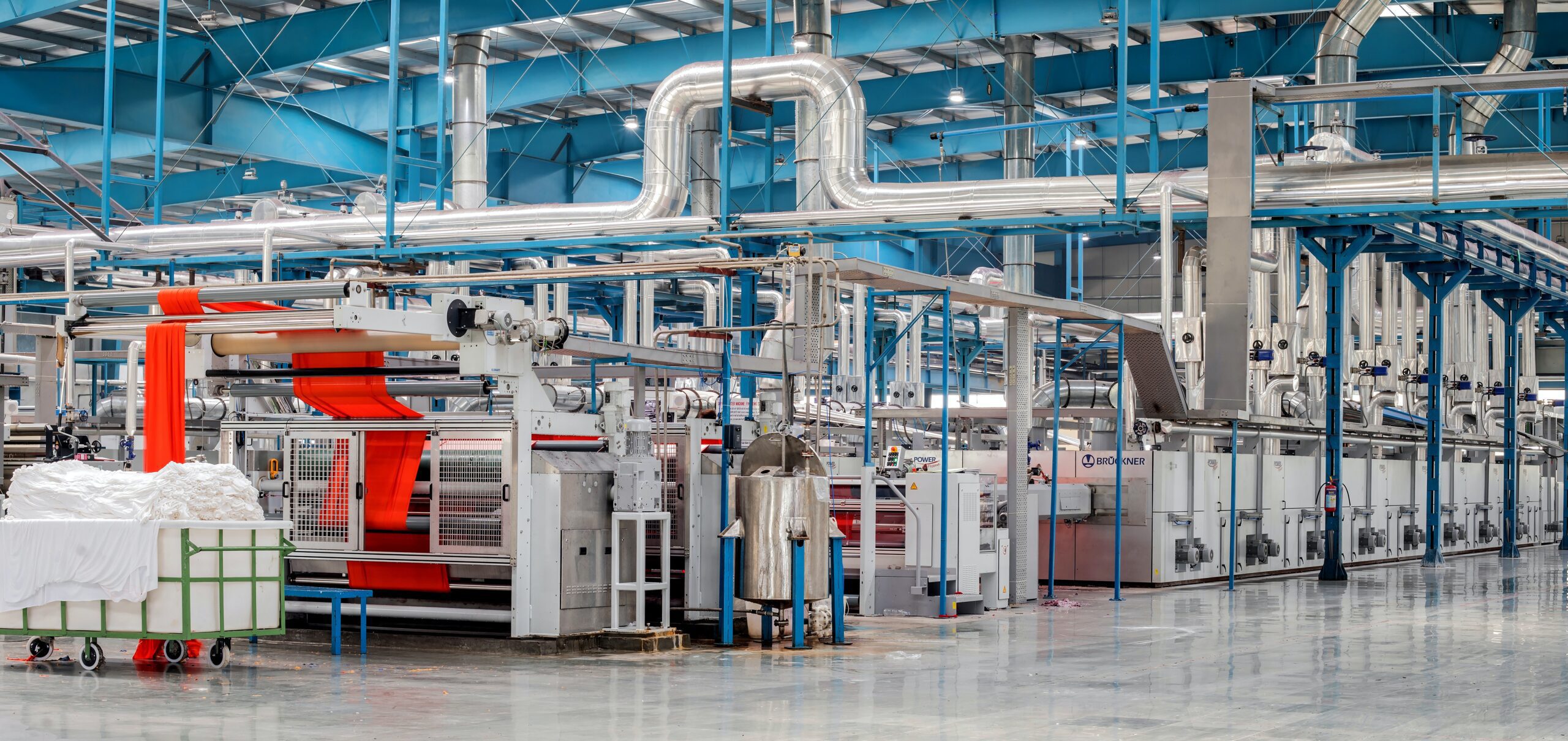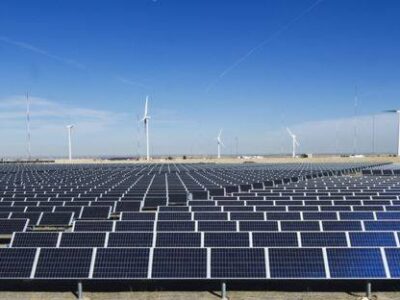Last month, the United States Department of Energy announced $52.5 million in new funding for its Industrial Assessment Centers (IACs). These centers help manufacturers and wastewater treatment facilities improve their efficiency, reduce their carbon footprint and save money. The IACs are university-based programs that train students and offer free efficiency improvement recommendations to small- and medium-sized manufacturing facilities. The centers also provide a pipeline for college students who wish to join the growing clean energy economy.

“These programs are proof that big climate investments can help small businesses reduce their emissions and increase their efficiency while saving them thousands of dollars,” said Secretary of Energy Jennifer Granholm. “This new funding is an investment in both the infrastructure and next-generation clean energy workforce we need to tackle the climate emergency and meet President Biden’s goal of net-zero carbon emissions by 2050.”
The $52.5 million – to be utilized over the next five years – is the largest investment in the program’s 43-year history. It is tied to the new administration’s focus on improving the energy efficiency of products used through the economy. The U.S. manufacturing sector uses 25 percent of the nation’s energy and has an annual energy bill of more than $150 billion. In order to put the country on track to reaching net-zero emissions by 2050, these types of government-private investments are critical to that goal.
“The IACs are a perfect example of how we can work with the private sector to deliver on these goals of creating jobs and training people and by the way, reap the business benefits at the same time,” Granholm added.
Centers selected for this funding will offer coursework and hands-on experience for more than 500 undergraduate and graduate engineering students in industrial processes, energy assessment procedures, and energy management systems. These programs have a strong track record of attracting engineering students to the energy efficiency workforce—more than 50 percent of graduates’ first jobs include energy efficiency as a primary responsibility. Alumni report that the assessment experience made the job search much easier since they graduated with real-world experience and the skills to conduct energy, waste, and productivity assessments, as well as knowledge of how to use instrumentation and diagnostic equipment and work safely in an industrial environment.
As a part of the assessment process, students and faculty make recommendations for sustainability and greenhouse gas reduction, including energy and water savings, waste reduction, productivity improvements, cybersecurity, and smarter manufacturing opportunities – all at zero cost to the business. To date, the centers have already provided near 20,000 assessments and more than 145,000 recommendations for improvements, each highlighting massive savings opportunities for small to medium-sized manufacturers with yearly energy bills between $100,000 and $2.5 million. The process of making such recommendations is a win-win for both the businesses and the students involved in preparing them. Over 31 major universities are already a part of the program.
“The IAC and the University of Delaware helped us identify significant opportunities for energy savings,” said Jim Newton, an Environmental Program Manager at the Kent County Regional Resource Recovery Facility in Dover, Delaware. “We’re now implementing several of the recommended measures. This helps us control our operating costs and manage waste treatment rates and meet our sustainability goal of becoming a zero net energy facility.”
For this new round of funding, the Department of Energy anticipates selecting 25 to 35 universities, with individual awards of $1.5 to $2.25 million. The new initiative expands the IACs’ work with underserved communities, women, and minorities, with a call for proposals in that area as a top priority. In particular, the new funding will focus on proposals related to decarbonization, grid resiliency, and workforce development with a particular focus on expanding participation of minority-serving institutions and other partners that expand participation of underrepresented groups. Additionally, the Department of Energy is launching a pilot program designed to expand IAC engagement with those communities. This massive IAC funding announcement comes just two months into the new administration. The investment underscores that people in construction, skilled trades, and engineering are a focused priority, as they are key to building a new American infrastructure built on clean policies and processes. The new IAC funding stands as proof that the new administration is committed not only to a clean, sustainable workforce but to advancing diversity, equity, and inclusion in the country’s clean transformation.





